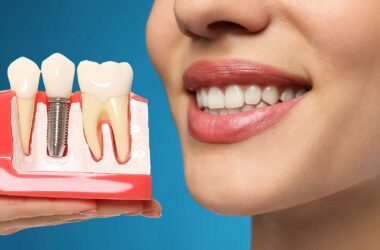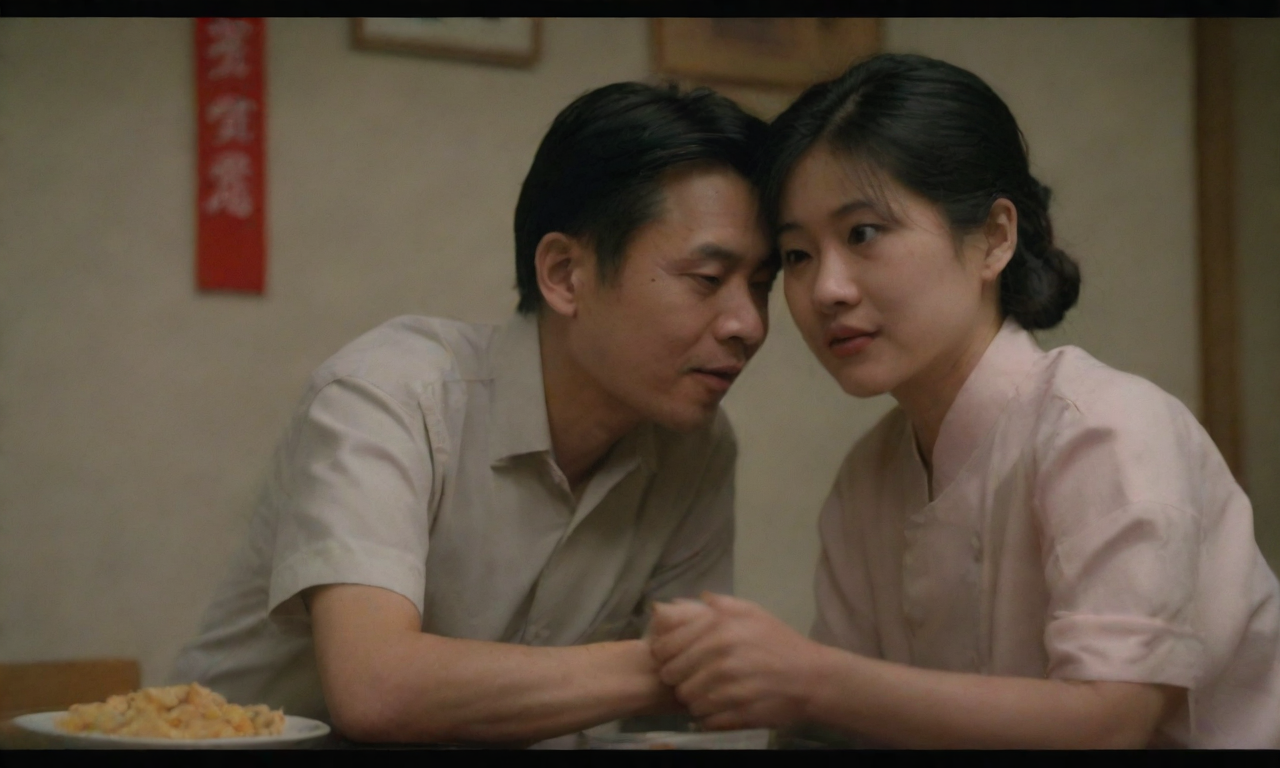With the quickening pace of modern life, hypertension has become an increasingly common health challenge for many. Amongst the concerns, the belief that “individuals with hypertension should avoid eating noodles at all costs” leaves those who enjoy noodles feeling distressed. In truth, are noodles really incompatible with high blood pressure? Let us delve into a deeper discussion of this health topic and reveal the close connection between hypertension and dietary habits.
Take for example Mr. Zhang, a hypertensive patient with a special fondness for noodles, who has been wondering whether he needs to give up this delicacy since his diagnosis. During a consultation with his doctor, he raised the question: “Doctor, do I really need to stay away from noodles?” The doctor explained patiently:
“Mr. Zhang, having hypertension doesn’t mean you can never eat noodles. The key is to control the amount you eat and how often. More importantly, you should be cautious of the high-salt, high-fat seasonings and condiments that often accompany noodles; these are the things you need to watch out for.”
From the dialogue between doctor and patient, we learn that noodles, as a significant source of carbohydrates, can still be consumed in moderation. However, we indeed need to be careful of the high salt and high-fat accompaniments. Beyond noodles, pickles, fried foods, and sugary drinks should also be included on the list of dietary restrictions for patients.
The doctor further mentioned: controlling hypertension is not an insurmountable barrier. Maintain a diet low in salt and fat, high in fiber, eat plenty of fresh vegetables and fruits, whole grains, and foods high in quality protein. At the same time, maintain moderate physical exercise, commit to quitting smoking and limiting alcohol intake, and keeping a good mood are all effective measures for controlling high blood pressure.
The potential physical harm caused by hypertension, including cardiovascular and cerebrovascular diseases, kidney problems, and more, should not be underestimated. Therefore, monitoring blood pressure changes, taking medication on time, and assisting in lowering blood pressure through diet and lifestyle adjustments are crucial. If symptoms like dizziness, headaches, heart palpitations, or chest tightness emerge, the patient should seek medical attention immediately.
To help patients with hypertension make better dietary adjustments, here are some recommended recipes and lifestyle habits that are beneficial for lowering blood pressure:
- Celery Stir-Fried with Shiitake: Celery contains an abundance of potassium, which helps to lower blood pressure; shiitake mushrooms provide rich dietary fiber and vital minerals, good for the heart.
- Seaweed Tofu Soup: Seaweed contains sodium alginate, which aids in blood pressure reduction; tofu provides high-quality proteins and calcium to protect the cardiovascular system.
- Hawthorn Cassia Seed Tea: Hawthorn enhances digestion, invigorates blood circulation; cassia seeds benefit liver health and relieve constipation.
To effectively prevent hypertension, one should maintain a reasonable diet structure, try to avoid high-salt, high-fat, and high-sugar foods; regular exercise to enhance physical fitness and cardiovascular function is essential; quit smoking and limit alcohol intake to avoid additional harm to the body; moreover, maintain emotional stability to prevent the psychological impact of excessive tension and anxiety.
A healthy lifestyle is key to preventing and controlling high blood pressure. By adopting a reasonable diet, moderate exercise, and good psychological adjustment, we can significantly reduce the incidence of hypertension and improve our quality of life. We should always remember that our health is in our own hands. Therefore, now is the best time to take action!
Hypertension does not mean the end of life, but rather marks the beginning of a new chapter of a healthy lifestyle. Let’s work together with knowledge and action to protect our blood pressure health and enjoy a vibrant life. In this new era full of challenges and limitless opportunities, health is undoubtedly the most precious asset. We should cherish and take good care of it.







